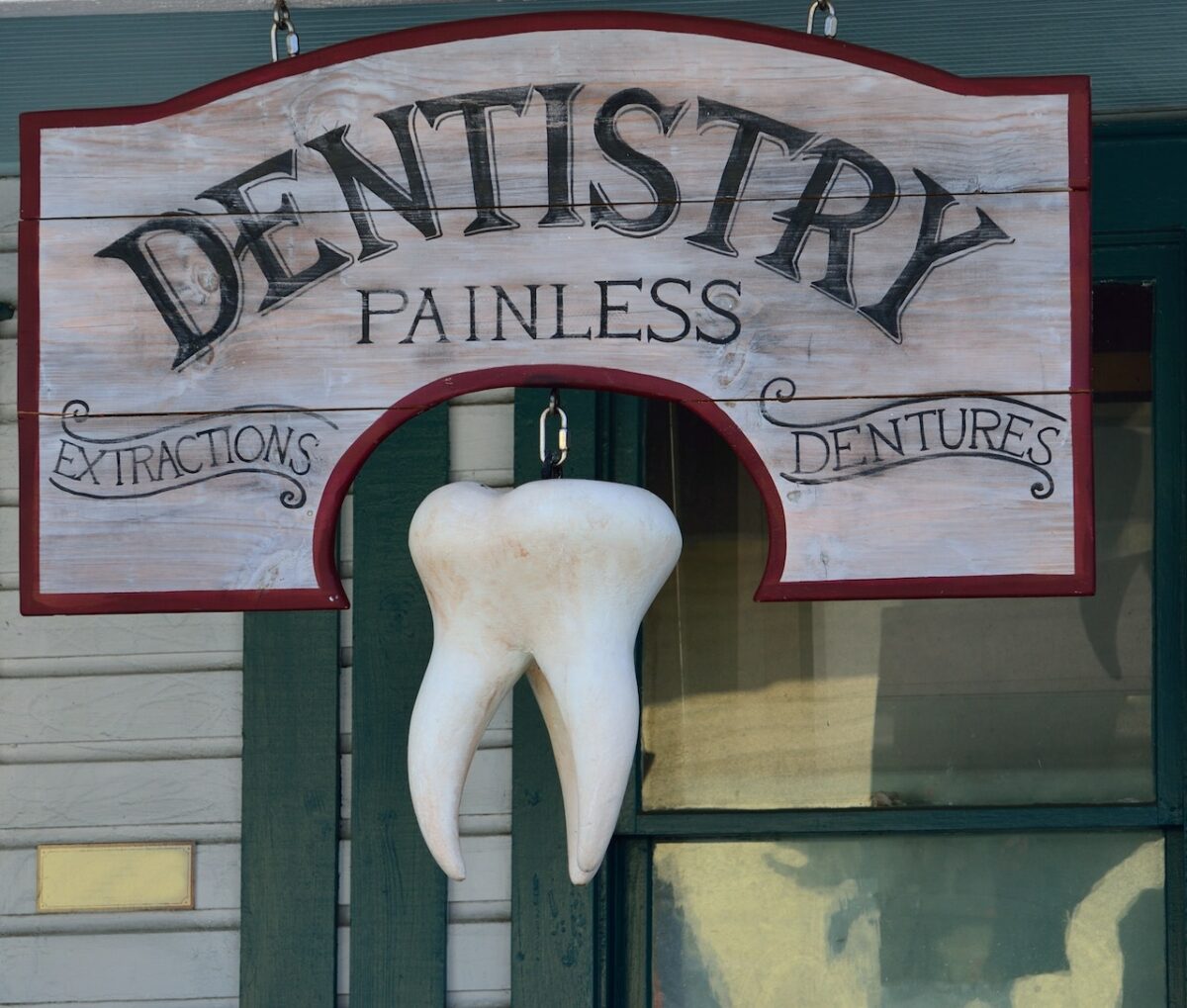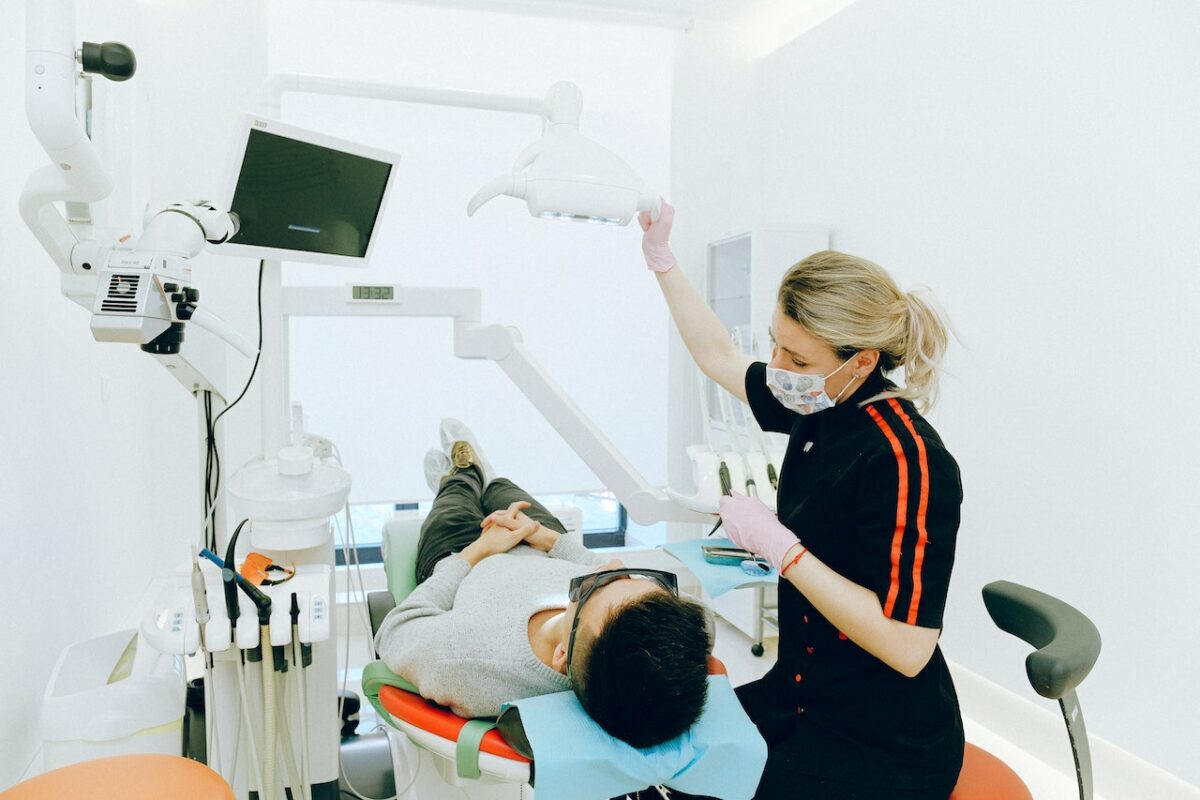If you want to open a successful dental practice, it’s essential that you conduct extensive research into the industry and create a business plan.
Your business plan will outlines your responsibilities and goals, helping to keep you on the right path as your practice expands. Furthermore, it may assist with securing financing.
Post Contents
Research The Industry
Before opening your own dental practice, it is imperative to conduct extensive research.
Doing this will enable you to fully grasp its fundamentals and make informed decisions regarding equipment purchases and staff hiring.
Staying abreast of industry trends is also crucial, such as advances in dental technology such as 3D printing.
Such advances help dentists provide their patients with an enjoyable experience and offer more options than ever before.
Establishing an effective marketing plan is also key to creating a successful dental practice. A comprehensive strategy will set you apart from competitors while drawing in new patients.
One way of doing this is ensuring that your practice provides patients with an experience unlike any other in your city.
This may involve creating an impressive website, publishing relevant blog posts and engaging patients via social media platforms like Facebook or Instagram.
Establishing a positive team culture is an integral component of any business, but especially so in the dental field. Dentists often look forward to coming into work every day at a practice they feel at ease in.
Develop A Business Plan
An effective business plan for your dental practice is integral to its success. It will allow you to evaluate whether it fits within its market, establish goals and objectives, and secure financing.

Before beginning to write your business plan, conduct extensive market research on the area in which you plan to open your practice.
This should involve an examination of demographics in your locality as well as comparison between yourself and any existing competitors in terms of pricing structure and services offered.
Once you have an in-depth knowledge of your market, it is crucial that you devise a marketing plan for your business to effectively target ideal customers while setting yourself apart from competitors.
Before setting an operational objective, which should outline how you will lead and manage your team day-to-day.
This ensures that everyone on the team understands their roles and responsibilities within the practice as well as expectations regarding performance.
Your financial plan should contain an estimation of expected revenues during the initial one to two years of operation, as well as information regarding where funds are being allocated, including which expenses will be met through loans or investments.
Secure Funding
Acquiring funding for your practice may prove challenging, but it is achievable. Banks look for businesses with proven their reliability by making repayments on time.
Additionally, investors want to see evidence of your financial acumen and ability to manage your own finances. They will require to see evidence of strong credit history and an extensive business plan from you.
As part of a plan to secure funding for your dental practice, the first step should be conducting an in-depth financial analysis of proposed budget and expenses.
This will allow you to establish profitability as well as the amount you require in loans or borrowing.
Lenders will consider your employment history and income when making their lending decision, which may impact whether you get approved.
Apply for loans well in advance as banks will review all your documents and financial status from the past 6-12 months before approving you for financing.
Lenders will also review your bank statements to make sure that you are managing your finances responsibly and meeting payments on time.
They typically request at least six month’s statements and three years’ of associate accounts to show how you have spent your income, whether there has been overdraft in your account and how it’s been managed.
Obtain The Necessary Licenses
No matter whether you are an aspiring dentist or already licensed in your state, to open your dental practice business legally in that location you will require various licenses and permits from both state and local government agencies.
As these vary depending on where the practice will operate it is important that all required permits are secured prior to commencing business operations.
Prior to opening your practice doors, it is generally wise to secure all necessary licenses and permits for operation. By doing this, you can avoid having to reapply and pay again later for new permits.
Licensing can take months, so it is wise to start the process early. Every state has different requirements; to find out about those applicable in your region, consult a business lawyer.
Your licensing process should also involve the submission of a detailed business plan and financial projections, in order to secure loans or lines of credit to fund construction and operation of your dental practice.
Costs associated with starting a dental practice can be substantial, particularly the costs related to building and equipment acquisition.
Therefore, it is wise to secure a loan or line of credit as early as possible during this process.
Find A Suitable Location
Finding an ideal location is of utmost importance when starting a dental practice, so finding one must be one of your initial and foremost decisions.

Finding an ideal site will have an enormous effect on profitability and success – it is therefore vitally important that any area being considered be thoroughly investigated prior to making any definitive choices.
Before beginning to search for office space for your new dental practice, it is important to determine how much square footage and layout will be required of you.
This will enable you to narrow your search down quickly and locate an ideal office location.
Consideration should also be given to the neighborhood and nearby businesses when searching for an ideal location.
It would usually be beneficial to select an area with high population density that offers plenty of traffic – this will increase your chance of attracting patients from surrounding areas.
Once you have selected a location, the next step should be leasing or buying the space. Either you or a real estate specialist can handle this step for you.
As part of your lease negotiations, it is vitally important that a legally drafted contract protects your interests in case any issues with the building arise, thereby protecting you from paying high rents or incurring other expenses indefinitely.
Hire The Necessary Staff
Hiring staff for your dental practice is of utmost importance, whether you are opening a new office or filling an open position.
Finding qualified candidates that fit with the culture of your team should always be top of mind when hiring new employees.
Once you have found the ideal candidate for your position, the next step should be an interview.
This provides an opportunity to assess a prospective employee’s understanding of your office culture, target clientele and growth plans.
Engage them by asking how they would approach patient experience in their job role.
A well-rounded candidate should demonstrate how their skills fit your business goals and will support its growth and success.
Consider recruiting an advisory board of 2-8 professionals with expertise in dental practice management or small business development to provide invaluable input on key decisions such as hiring staff and setting up internal control systems.
An effective team will make running your dental practice much smoother, so it’s vital that employees can handle multiple responsibilities and workload shifts efficiently.
This is particularly crucial as your practice expands and requires additional staff members.
Establish Relationships With Local Health Insurers
Health insurers can be an essential customer for your dental practice, covering a significant proportion of its patient base.
Building strong relationships with them is integral to building trust with patients while expanding your network of resources that can aid your practice’s growth.
Implement a system for keeping track of patient records using spreadsheets – you can adapt this easily as your business expands to provide a way of measuring its success!
Maple Dental Health dentists should work to create a relationship with local health insurers, ensuring that they have updated information on any new services that your practice offers and that they are aware of any changes in laws or regulations.
Doing this will help to ensure that your practice is as successful as possible.






























